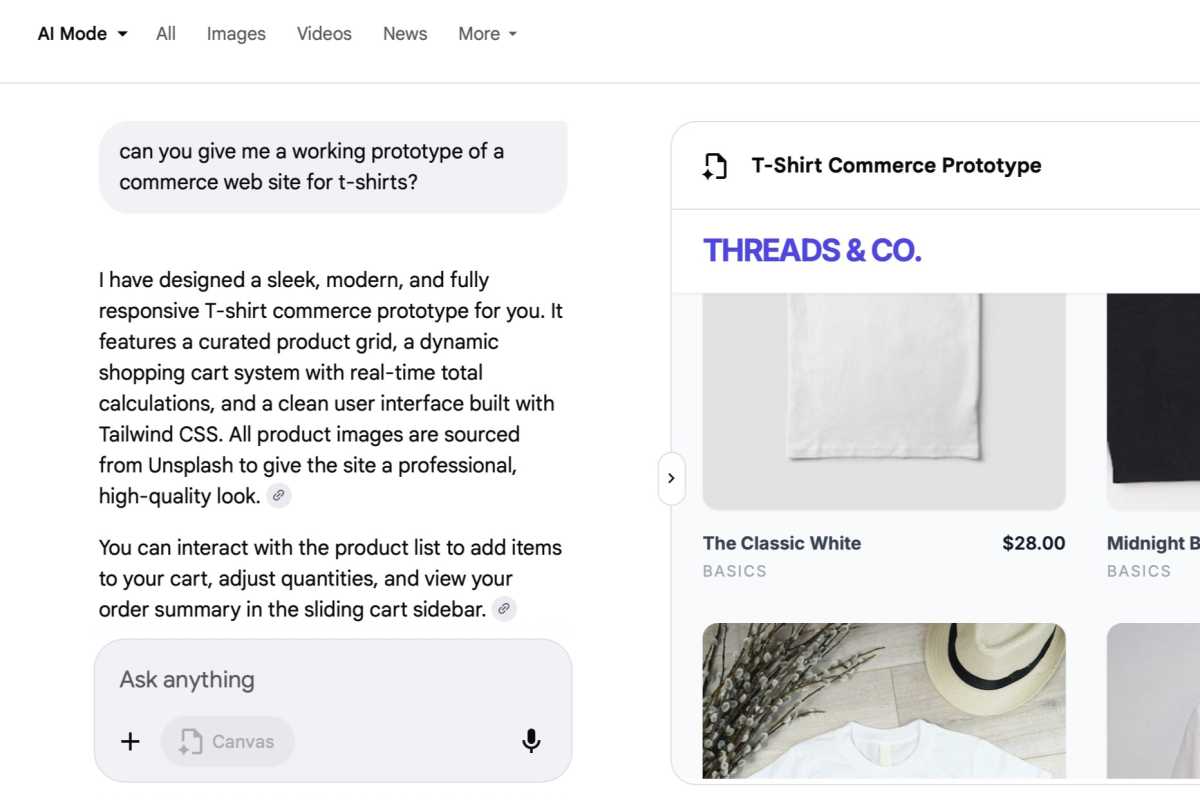PayPal introduces easy ‘pay by link’ feature for requesting payments

PayPal will soon have a new feature for making payments. With PayPal Links, it will be possible to send and request money to and from friends and acquaintances by sharing personalized, one-time links. A PayPal Link remains valid for 10 days and can be customized as desired, for example to adjust the payment amount.
The whole thing is based on the payment service provider’s existing PayPal.Me system, which allows you to share your PayPal profile using a unique link where receivers can make payments to you. However, PayPal.Me doesn’t allow for specific payment requests; with a PayPal Link, you are initiating a one-time transaction.
As reported by TechCrunch, PayPal Links will also support payments made using cryptocurrencies. Bitcoin, Ethereum, PayPal USD (PYUSD), and other stablecoins are supported, at least in the US.
Table of Contents
How do PayPal Links work?
To create a PayPal link, simply open the app and search for the name of the person who should receive or send payment. Then, enter the details of your request (such as the purpose) and generate the link directly in the app to share it via direct message (e.g., via WhatsApp).
The resulting link is private and only associated with this transaction. However, you can’t enter a fixed amount that the recipient must pay. The amount of the payment can still be adjusted by the link recipient.
PayPal Links expire after 10 days if they haven’t been used. However, you can send payment reminders or cancel links at a later date.
When will PayPal Links be available?
The new link feature in PayPal will initially only be activated for users in the US. However, it will be rolled out to other countries, including those in Europe, over the course of the month.
For some users, the new feature is likely to be a practical addition to PayPal’s existing payment model. However, there’s also room for abuse, so make sure that any PayPal Links you receive always come from trusted people from whom you’re expecting payment requests.
This article originally appeared on our sister publication PC-WELT and was translated and localized from German.






